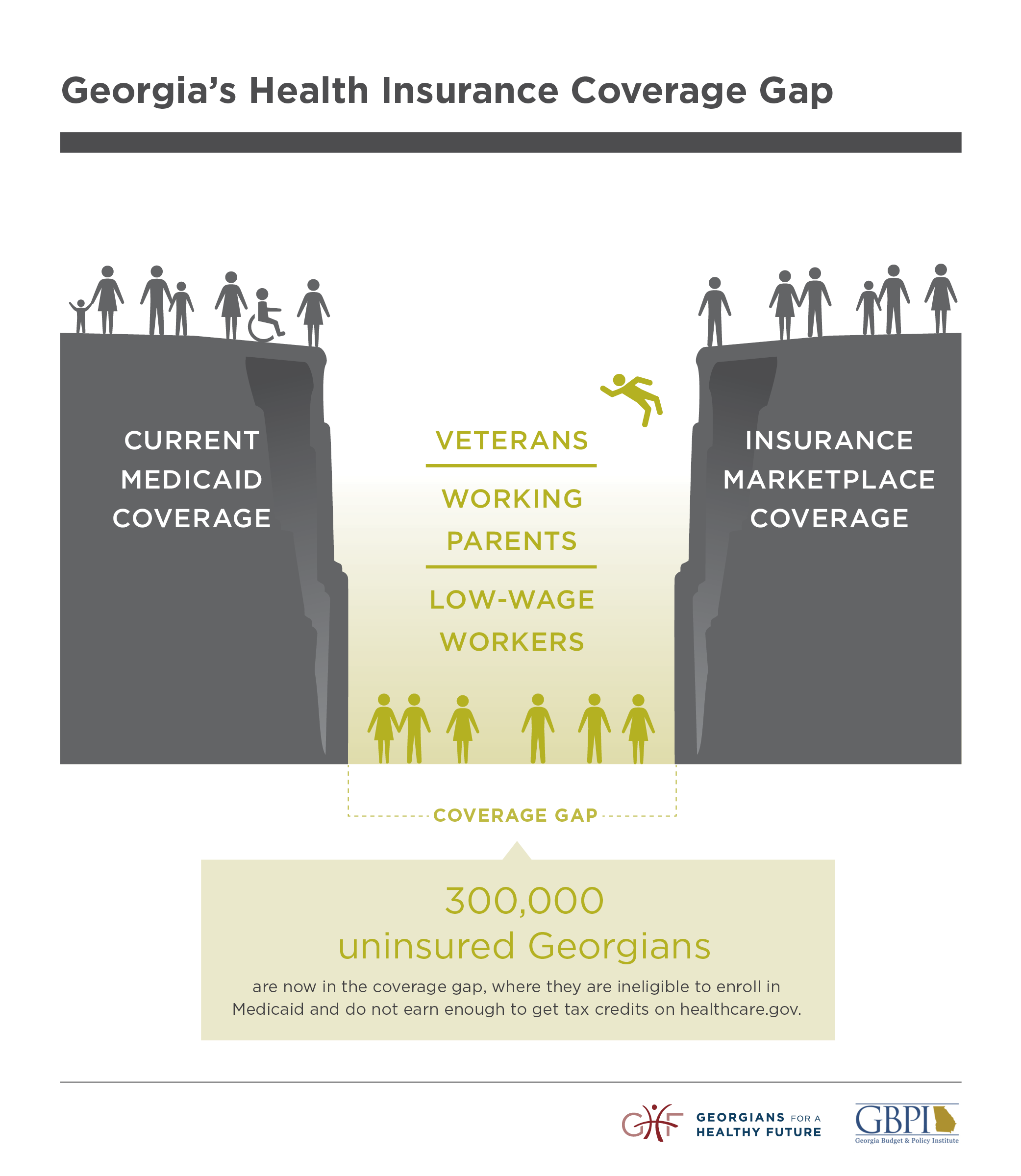Massachusetts residents can purchase health insurance directly from an insurance coverage company. And the company can't turn you down if you have a health condition. Sometimes the company will direct you to acquire their health insurance through an intermediary. An intermediary is a business that looks after the registration and premiums. If you meet particular earnings requirements, you might be qualified for Mass, Health. This is a Medicaid program paid for by the state and federal taxes for eligible individuals. You can discover more at http://www. mass.gov/ eohhs/gov/departments/ masshealth/or call 1-800-841-2900 If you do not work for an employer that pays at least 33 %of your health plan premium, you may have the ability to buy a health insurance from the Adapter. You may be qualified for subsidies to assist you pay the premiums, depending upon your income. Any Massachusetts citizen can register in a health insurance throughout the yearly open enrollment period. Otherwise, you may have the ability to register at other times throughout the year if you have unique situations( certifying occasions). For example, just recently relocating to Massachusetts or recently losing your health insurance coverage. If you are over 65, or if you have a specific type of impairment, you may be qualified for Medicare. You can discover more by calling the Social Security Administration at 1-800-772-1213 or Visit your local Social Security Workplace. This consists of the Indian Health Providers, Peace Corps, Common, Health.
, Healthy, Start and other programs. You may call 1-800-841-2900 to read more about these programs. > > Health Insurance Use the index below to go straight to a specific section on this page: Medical insurance assists you with the cost of basic health care and assists you secure yourself The original source and household against disease, injury and accidents. Health prepares pay specifies sums for medical expenses or treatment and they can use many options and vary in their methods to protection. The focus of this page is on health strategies that provide protection for significant medical expenses, that include the cost of health center expenses and medical bills( both in and out of the health center). For aid with your specific issues, you might wish to talk with your companies benefits department, an independent professional consultant, or contact MIDs Consumer Solutions Department. Lots of tend to base their entire insurance coverage acquiring choice on the premium amount. Along with getting a great value, it is also essential.
that you deal with a company that is solvent. As the Health Insurance marketplace changes due to Healthcare Reform, comprehending the medical insurance you are buying is more vital than ever. There are several different type of medical insurance. Traditional insurance often is called a" fee for service "or "indemnity" plan. If you have traditional insurance coverage, the insurer foots the bill after you receive the service. What is mortgage insurance. Handled care strategies utilize your monthly payments to cover many of your medical costs. Managed care http://beckettbede767.fotosdefrases.com/some-known-factual-statements-about-how-does-whole-life-insurance-work strategies supply health care in a more structured method than traditional insurance. Handled care strategies encourage and in many cases require customers to utilize doctors and medical facilities.
that are part of a network. In both standard insurance and managed care strategies, consumers may share the expense of a service. This expense sharing is often called a co-payment, co-insurance or deductible. Various terms are utilized in going over health insurance coverage." Covered individuals" or" enrollees "are individuals who are enrolled in a health insurance plan. "Providers" are medical professionals, hospitals, pharmacies, labs, immediate care facilities and other health care facilities and experts. Mississippi law needs all insurance providers to plainly and truthfully divulge the following information in their insurance plan: A complete list of items and services that the healthcare plan pays for. A complete list of products and services that the health care plan does not spend for( exclusions and restrictions ). Any scenarios where the plan check here may not spend for all of your medical care (exceptions, decreases and restrictions). The length of time you may need to wait before the policy covers current health issue (pre-existing condition exemption period ). How the policy may be renewed; How the policy might be canceled; How the policy might be terminated; A health strategy might refuse to spend for healthcare services that connect to a health condition you had prior to joining your health plan. State laws limit how long pre-existing condition exemption periods can be for individual and group health strategies (What is renters insurance). If you have a group health strategy, a pre-existing condition is a health condition for which medical recommendations, diagnosis, care or treatment was advised or gotten within 6 months of signing up with a strategy. Your strategy may decline to pay for services connected to your pre-existing condition for 12 months. If you have a private strategy, a pre-existing condition is a health condition for which medical advice, medical diagnosis, care or treatment was suggested or received within 12 months of joining your strategy. Your strategy might refuse to pay for services associated with your pre-existing condition for 12 months.
